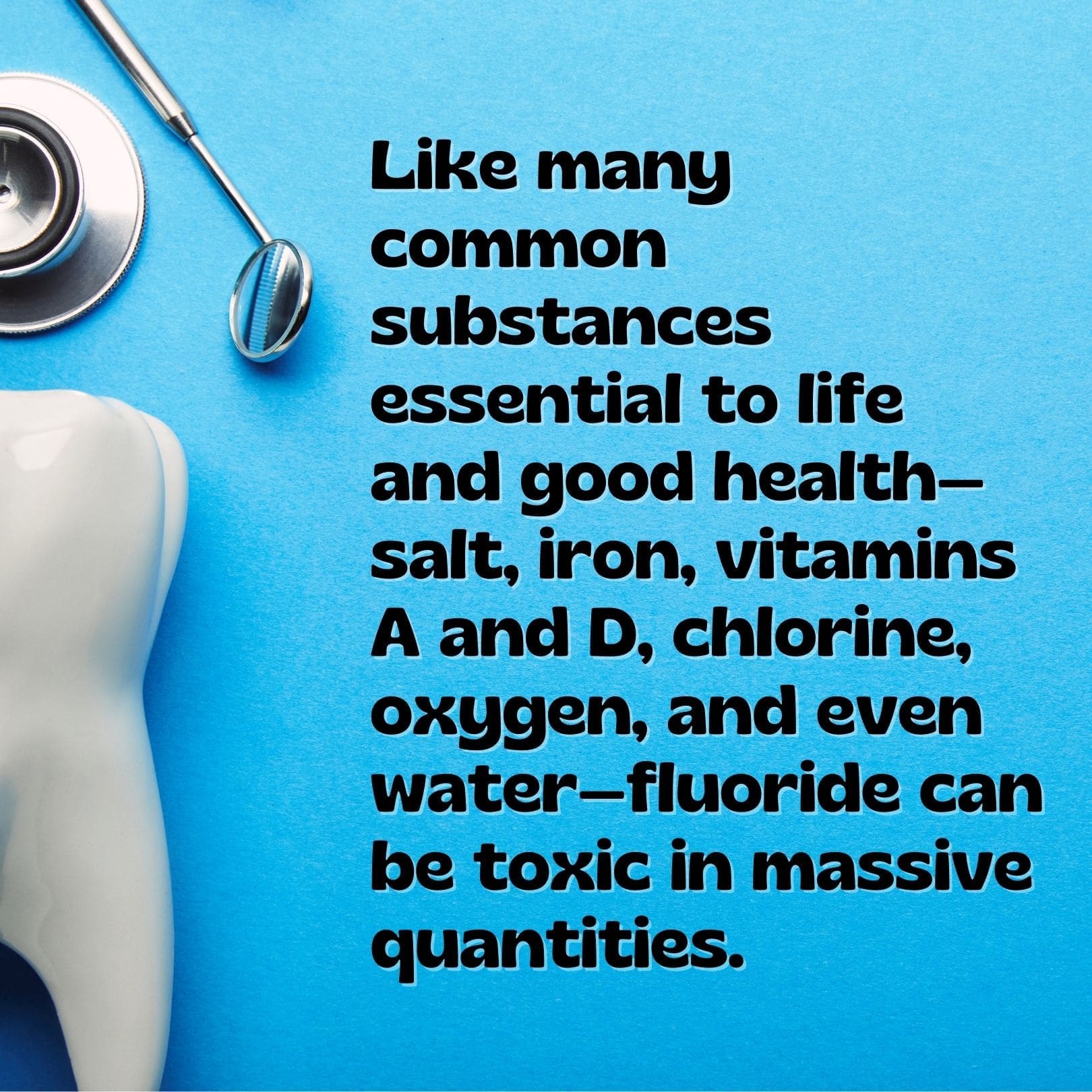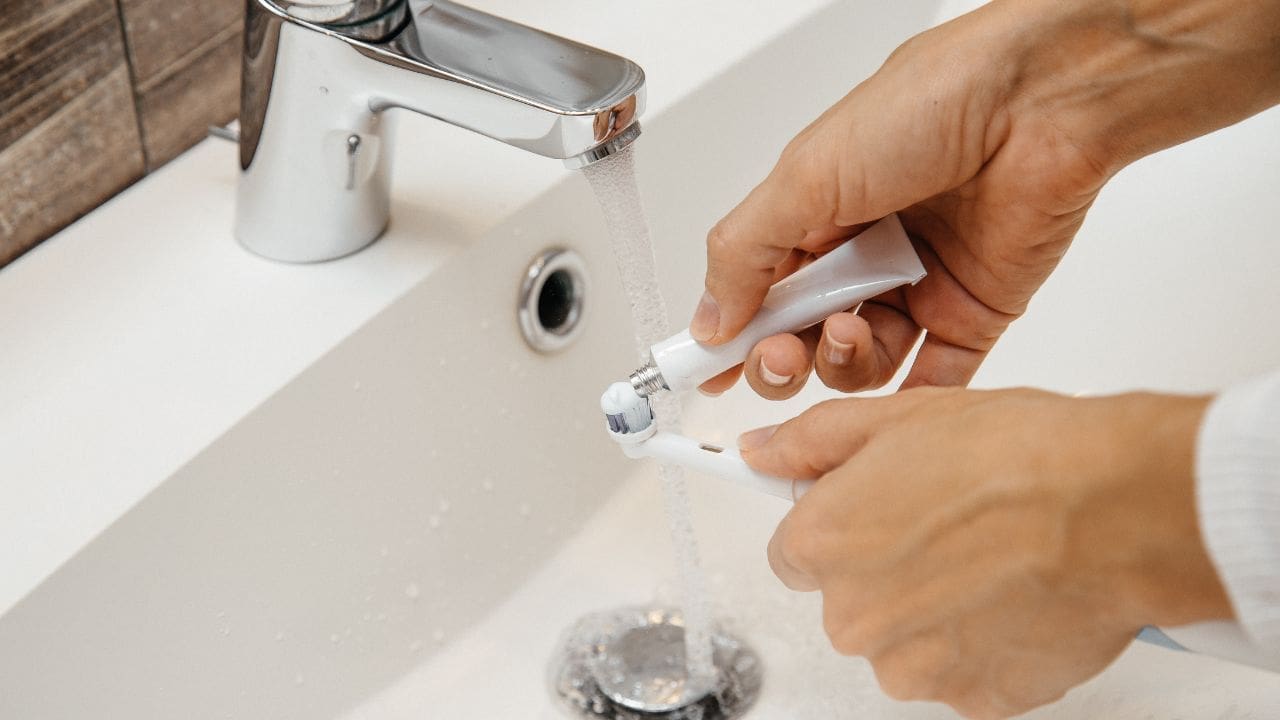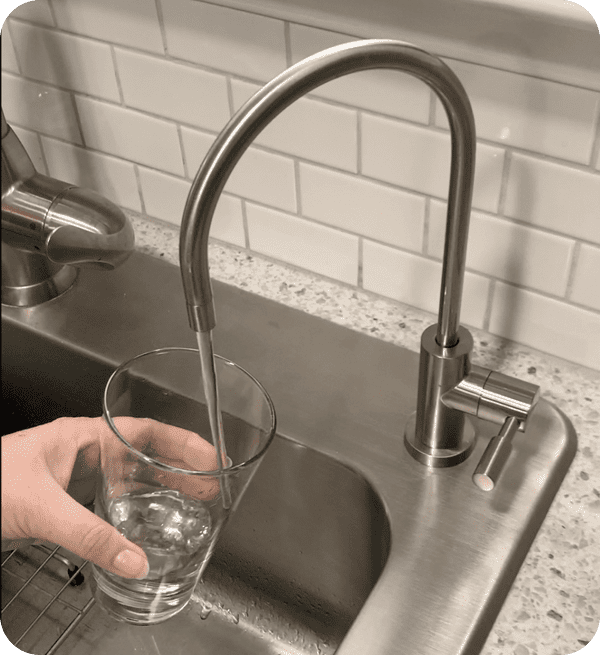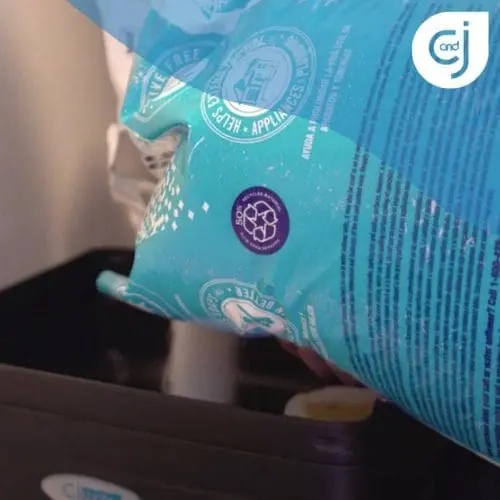Is There Too Much Fluoride in Your City Water?
Some families are now asking: Is there such a thing as too much fluoride? Should there be fluoride in the water at all? While fluoride helps protect teeth, too much can lead to health issues. Whether it should or shouldn’t be in the water isn’t our call. But here is what you should know about it and what you can do if you want to remove it.
Why Is Fluoride in City Water?

Public water systems often add it to tap water (fluoridation) to help prevent tooth decay. The U.S. Public Health Service recommends 0.7 mg/L as the ideal amount for dental health.
Fluoridation is one of the most widely adopted public health measures in the U.S., and it’s helped reduce cavities for millions of people. But some communities are beginning to question long-term exposure, especially when combined with other fluoride sources like toothpaste and mouth rinses.
Can You Have Too Much Fluoride?
Yes—especially for children under the age of 8, whose teeth are still developing. Too much fluoride over time can cause dental fluorosis, which shows up as white spots or streaks on teeth. In rare cases, very high levels of fluoride can also affect bones and joints. While city water is regulated, the total fluoride exposure from drinking, cooking, and brushing can still add up.
How Do I Know My Fluoride Level?
City water is tested and reported by your local water utility, and you can usually find the fluoride level in their annual water quality report. Here is an example from Citizens Energy Group. You can also look into My Water’s Fluoride page of the CDC for information on states and counties.
Does Reverse Osmosis Remove Fluoride from City Water?
Yes. Reverse osmosis (RO) is one of the most effective ways to remove fluoride and other dissolved minerals from tap water. RO systems push water through a special membrane that filters out fluoride and other contaminants. If you’re concerned about fluoride—or just want cleaner, better-tasting water—a reverse osmosis system is a great solution for city water users.
Should I Be Concerned About Fluoride in My Water?
For most adults, fluoride at recommended levels is not harmful. But if you’re pregnant, have young children, or want to limit your total exposure, installing a reverse osmosis system is a safe and straightforward option.
Take Control of What’s in Your Tap Water
If you’re thinking about fluoride, you’re not alone. With so many headlines and mixed messages, it’s hard to know what’s best for your family.
At C and J Water, we offer professional water testing and top-rated reverse osmosis systems designed to remove fluoride and other contaminants—right at the tap.
👉 Contact us today to do a Free water analysis or learn more about RO systems for city water.





